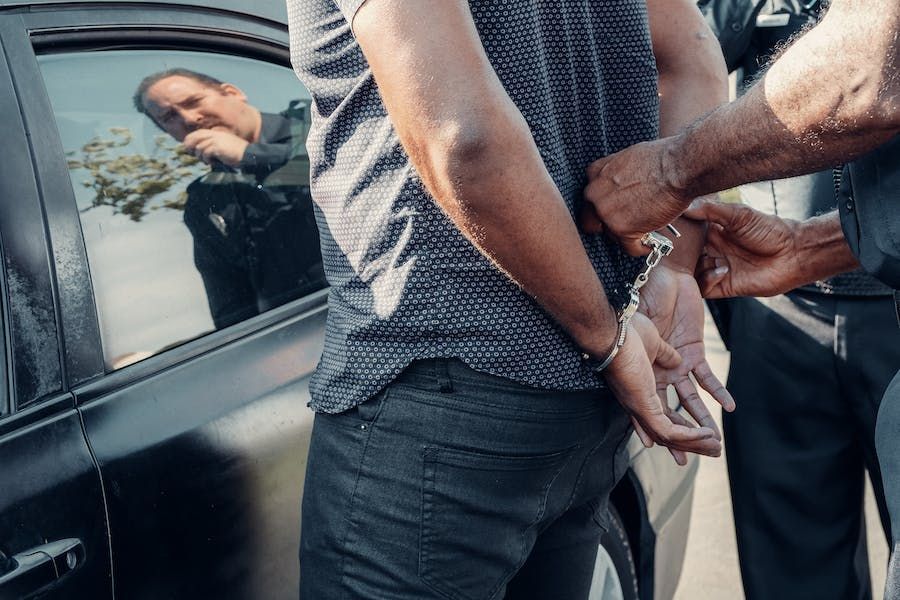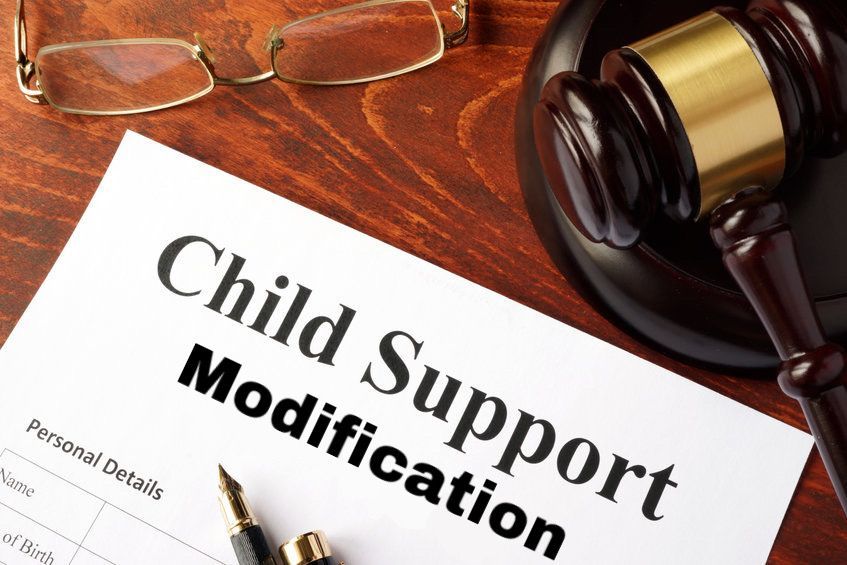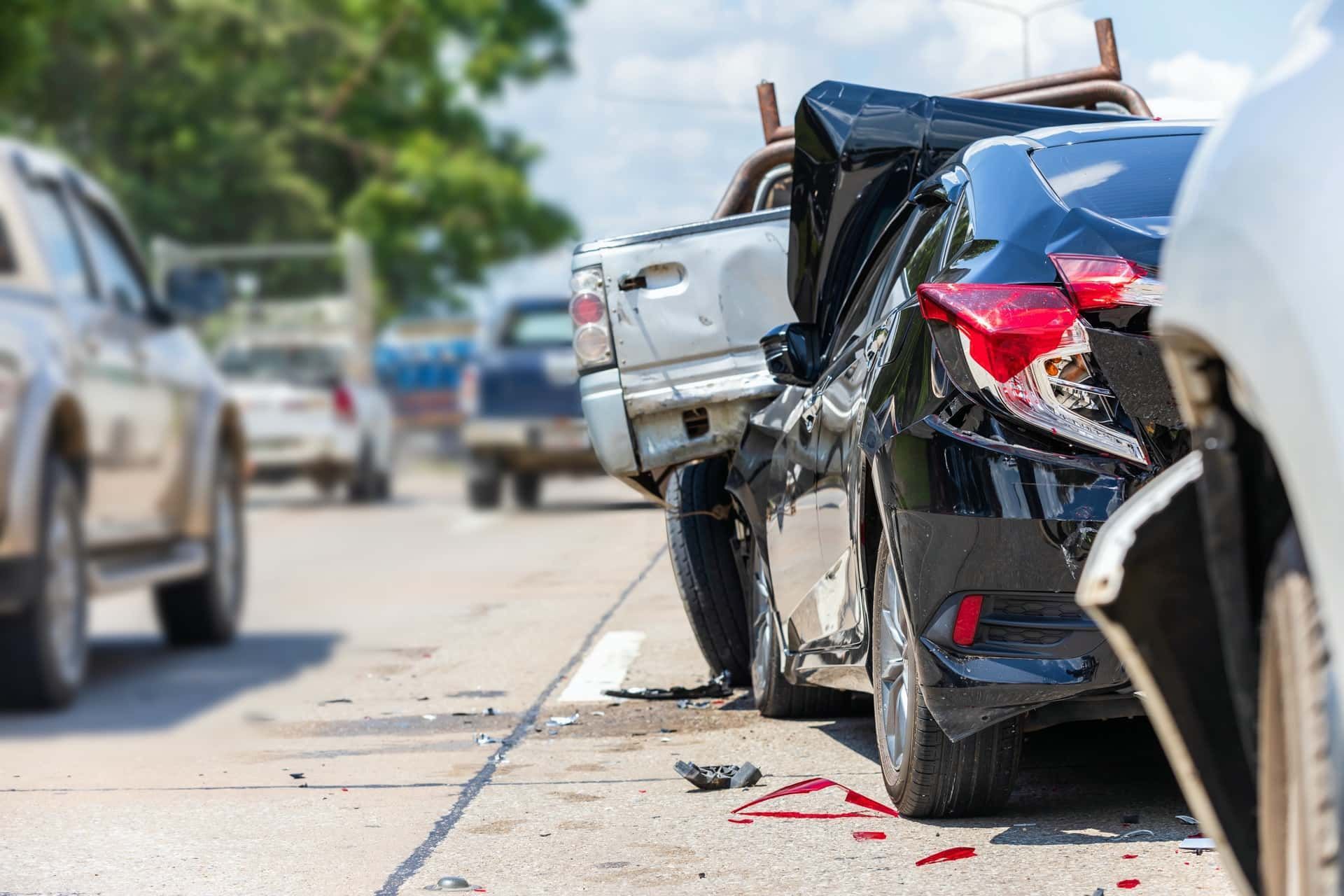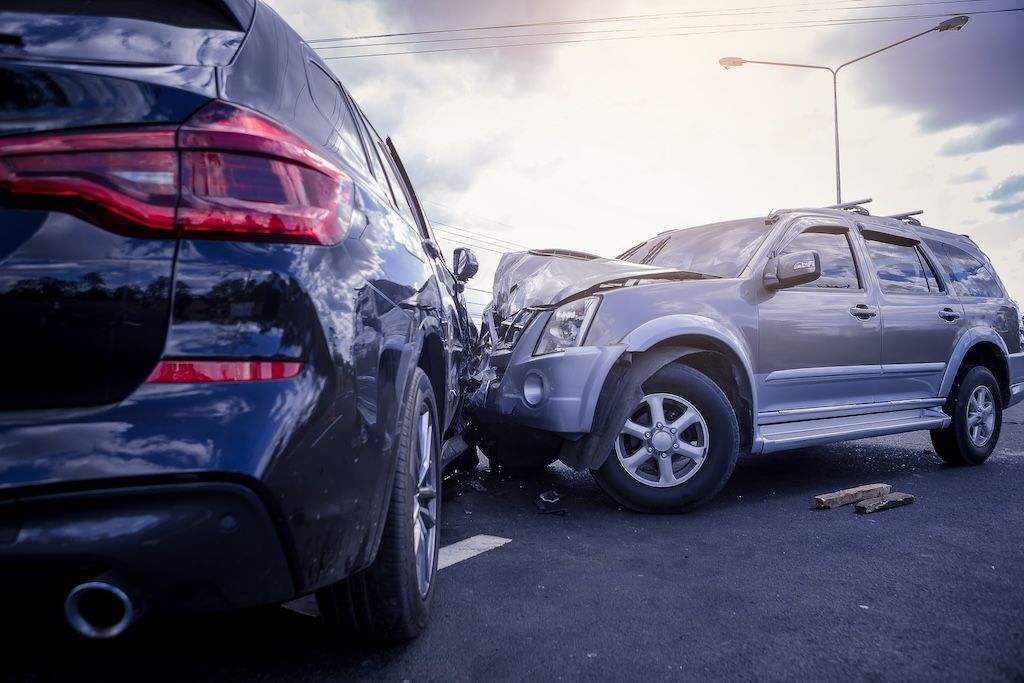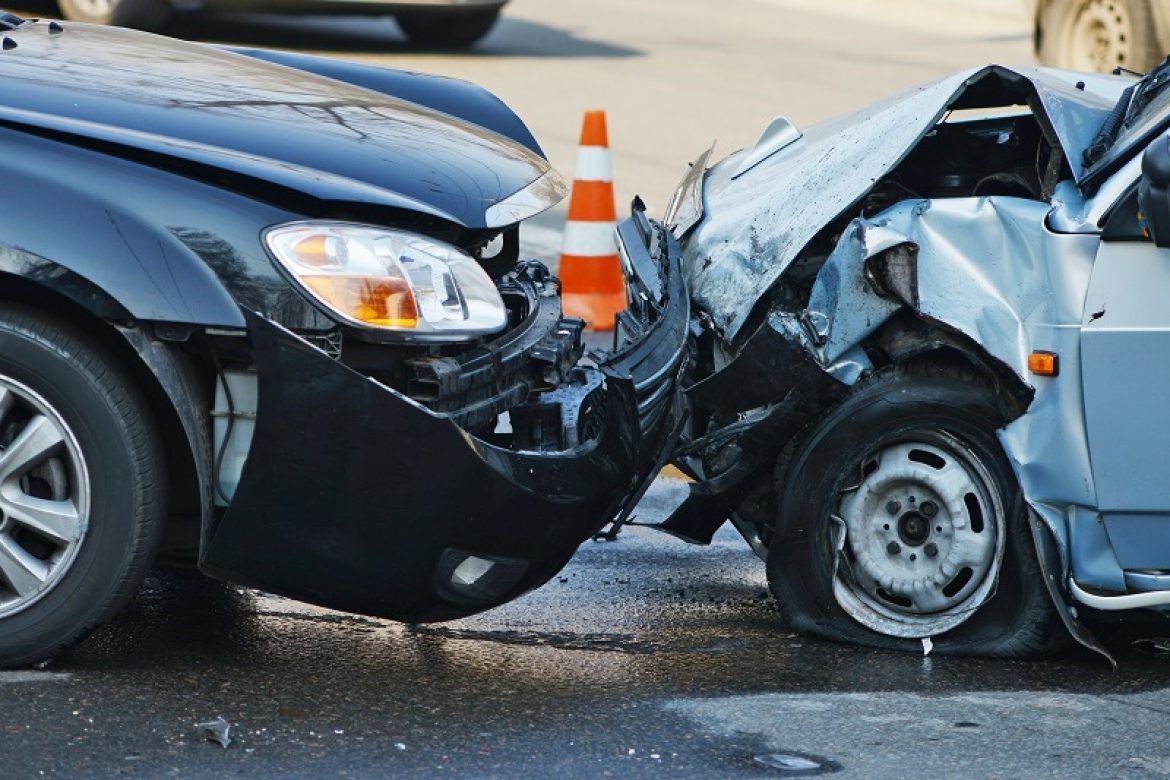Emotional Distress in a Car Accident
Emotional distress in a car accident is the mental and emotional pain you feel after a crash. It can show up as fear, sadness, worry, or even nightmares about the accident. Unlike broken bones or cuts, you cannot see emotional distress. But it is very real and can hurt just as much as physical injuries.
What Does Emotional Distress Mean?
Emotional distress is mental pain or suffering after a traumatic event. After a car accident, your body might heal quickly, but your mind needs more time. Your brain remembers the crash, the loud noise, the fear, and the danger. Even when you are safe, these memories can make you feel scared or worried.
This is not just feeling upset for a few days. Emotional distress is when feelings are so strong they change your life. You might avoid driving, stop doing things you love, or have panic attacks. Physical injuries can be seen on X-rays, but emotional distress lives in your mind. However, Rhode Island and most states recognize it as a real injury you can seek compensation for.
Common Types of Emotional Distress
Post-Traumatic Stress Disorder (PTSD)
PTSD is the most serious form of emotional distress. Car accidents are the leading cause of PTSD in the general population. About 9% of car accident survivors develop PTSD, though some studies show rates as high as 22%.
People with PTSD often have flashbacks that make them relive the accident, nightmares, extreme fear of driving, and avoid places that remind them of the crash. PTSD needs professional treatment and does not go away on its own.
Anxiety and Depression
Many survivors develop anxiety, feeling worried or nervous constantly. Some have panic attacks with racing hearts, trouble breathing, and dizziness. Depression is also common, causing loss of interest in activities, constant tiredness, and feelings of hopelessness. Studies show 92% to 95% of people with PTSD after accidents also experience depression.
Fear of Driving
Many people develop a strong fear of cars after an accident. They might refuse to drive completely, only drive during daytime, or avoid highways. This makes daily life difficult when you cannot get to work or run errands.
Sleep Problems and Mood Changes
Emotional distress often causes trouble falling asleep, nightmares, or sleeping too much from depression. People may also experience anger, irritability, and snap at loved ones over small things.
How Emotional Distress Affects Your Life
Emotional distress spreads into every part of daily life:
Work Impact: You might miss days, make mistakes, lose your job, or turn down promotions. Some cannot return to work at all.
Relationships: You may pull away from friends and family, feel too tired to socialize, argue more, or feel isolated and misunderstood.
Physical Health: Stress causes headaches, stomach problems, muscle tension, appetite changes, and weakens your immune system.
Loss of Enjoyment: Things that brought joy now feel empty. You stop doing hobbies, seeing friends, going to loved places, and planning for the future.
Signs You Need Help
Watch for these warning signs lasting more than a few weeks:
- Constant worry, fear, or sadness
- Flashbacks or intrusive thoughts about the accident
- Trouble concentrating or making decisions
- Changes in sleep or appetite
- Unexplained body aches and pains
- Avoiding driving or riding in cars
- Withdrawing from loved ones
- Mood swings or sudden anger
- Using alcohol or drugs to cope
See a doctor if symptoms last over a month, get worse, prevent normal activities, or if you feel like hurting yourself. Start with your regular doctor who can refer you to therapists, counselors, psychiatrists, or psychologists. Early medical documentation proves your emotional distress came from the accident.
Getting Compensation for Emotional Distress
Yes, you can seek money for emotional distress in Rhode Island and most states. This falls under "pain and suffering" damages in personal injury claims.
Types of Damages
Economic Damages (costs you can count):
- Therapy and counseling bills
- Medication costs
- Doctor visits
- Lost wages from missed work
- Future earnings if you cannot work
Non-Economic Damages (harder to measure):
- Mental anguish and suffering
- Loss of enjoyment of life
- Fear and anxiety
- Reduced quality of life
- Damage to relationships
The amount depends on severity, length of suffering, impact on your life, and medical expenses.
How to Prove Emotional Distress
Proving emotional distress is challenging since you cannot show a picture of sadness. Here are the most important types of evidence:
Medical Documentation
Medical records are the strongest proof. Doctors and therapists document your symptoms, diagnosis (PTSD, anxiety, depression), treatment plans, and how your condition affects daily life.
Treatment Records
Keep all records including therapy session dates, therapist notes, medication prescriptions, and treatment bills. These prove you are getting help and show severity.
Personal Journal
Write daily about your feelings, symptoms, activities you cannot do, and how the accident affects relationships. Your words can be powerful evidence.
Witness Testimony
Family and friends can testify about changes they see you seem sad, avoid social events, are more irritable, or stopped hobbies you loved.
Expert Witnesses
Your lawyer may hire a psychiatrist or psychologist to review your case and explain your diagnosis, how the accident caused it, recovery timeline, and life impact to judges and juries.
Building a Strong Claim
Your claim is stronger when you can prove the accident directly caused your distress, symptoms are severe and long-lasting, you have professional diagnosis and treatment, and there is clear impact on work and relationships. It helps if you also have physical injuries from the accident.
Steps to Take After an Accident
Get medical help immediately: See a doctor even if you feel okay. Tell them about emotional symptoms to start your medical record.
Follow treatment: Attend therapy appointments and take prescribed medications. Insurance companies question claims if you do not follow treatment.
Keep detailed records: Save medical bills, receipts, therapy notes, prescriptions, pay stubs showing lost wages, and keep a journal of symptoms.
Do not talk to insurance adjusters alone: The other driver's insurance wants to pay little as possible. Do not give recorded statements without a lawyer.
Hire a personal injury lawyer: Personal injury lawyers gather evidence, calculate claim worth, negotiate with insurance, and take cases to court if needed. Most work on contingency you pay nothing unless they win.
Be patient: Claims take time. Do not settle until you know how serious your condition is and whether you will fully recover.
Common Challenges
Insurance companies downplay emotional injuries: Adjusters might say you look fine or everyone feels upset after accidents. Early documentation makes it harder for them to deny claims.
Proving the accident caused it: Insurance may argue your distress came from other life stressors. Document symptoms immediately after the accident.
Pre-existing conditions: If you had anxiety or depression before, insurance will use this against you. But you can still win by proving the accident made it worse.
Lack of physical injuries: Cases without serious physical harm are harder but not impossible with strong evidence of mental suffering.
How Lawyers Help Your Case
A personal injury lawyer makes a huge difference:
Investigation: They gather police reports, medical records, witness statements, photos, videos, and expert opinions.
Calculating damages: Lawyers value your claim considering all medical costs (past and future), lost income and earning capacity, pain and suffering, and loss of enjoyment of life.
Negotiating: Insurance adjusters are trained negotiators. Your lawyer will refuse lowball offers, argue why you deserve more, use evidence to support claims, and negotiate for fair settlements.
Trial representation: If insurance will not offer fair money, your lawyer prepares your case for trial, presents evidence to judges and juries, calls expert witnesses, and fights for deserved compensation.
Protecting rights: Lawyers know insurance tactics and protect you from them.
Rhode Island Law and Special Cases
Rhode Island Rules
Comparative negligence: If you were partly at fault, your compensation reduces by your fault percentage. If you were 20% at fault, you get 80% of damages.
Time limits: You have three years from the accident date to file a lawsuit. Start your claim as soon as possible evidence gets lost and memories fade.
Claim types: You can pursue claims against the at-fault driver, claims under your own insurance, or workers' compensation if the accident happened while working.
Family Member Claims
If you watched a family member get seriously hurt or killed, you might claim negligent infliction of emotional distress. You must be closely related, witnessed the accident or immediate aftermath, and suffered severe emotional distress.
Wrongful Death
If a loved one died, include emotional distress in a wrongful death claim recognizing the deep grief and trauma of loss.
Protecting Your Claim
Do not ignore symptoms: Emotional distress often gets worse without treatment. Get help as soon as you notice problems.
Avoid social media: Insurance companies check social media. Happy pictures or activity posts can be used to argue you are not really suffering. Keep your life private during your case.
Do not accept first offers: Insurance companies make quick, low offers hoping you will accept before knowing how serious your injuries are. Talk to a lawyer first.
Attend all appointments: Skipping therapy makes insurance say you are not hurt that badly. Go to all appointments.
Do not discuss your case: Only talk about your accident or claim with your doctor and lawyer. Innocent comments can be used against you.
Frequently Asked Questions
Can I claim emotional distress without physical injuries?
Yes, but it is harder. You need strong evidence of severe mental suffering, including professional diagnosis and detailed documentation.
How long do I have to file a claim?
In Rhode Island, you have three years from the accident date. Start your claim as soon as possible.
Will I have to go to court?
Most cases settle without trial, but your lawyer should be ready to go to court if needed.
What if I cannot afford a lawyer?
Most personal injury lawyers work on contingency you pay nothing unless they win money for you.
Can I get compensation if the accident was partly my fault?
Yes, in Rhode Island. Your compensation reduces by your percentage of fault.
What if my distress started weeks after the accident?
This is common. Many people experience delayed emotional distress. As long as you prove it came from the accident, you can still claim.
Final Thoughts
Emotional distress after a car accident is real, serious, and deserves compensation. The symptoms can be just as painful and long-lasting as broken bones. Fear, anxiety, depression, and PTSD can change your entire life, but with proper medical treatment and legal help, you can recover and get the money you need to move forward.
If you or someone you love is struggling with emotional distress after a car accident, do not wait. See a doctor, talk to a therapist, and contact an experienced personal injury lawyer who can fight for your rights.
At Inman & Tourgee, we understand how car accidents affect every part of your life. Our Rhode Island attorneys have helped many clients get compensation for emotional distress. We know how to prove these claims and stand up to insurance companies that try to deny them.
You do not have to face this alone. Call us today at (888) 271-3905 for a free consultation. Let us help you get the compensation and peace of mind you deserve.
